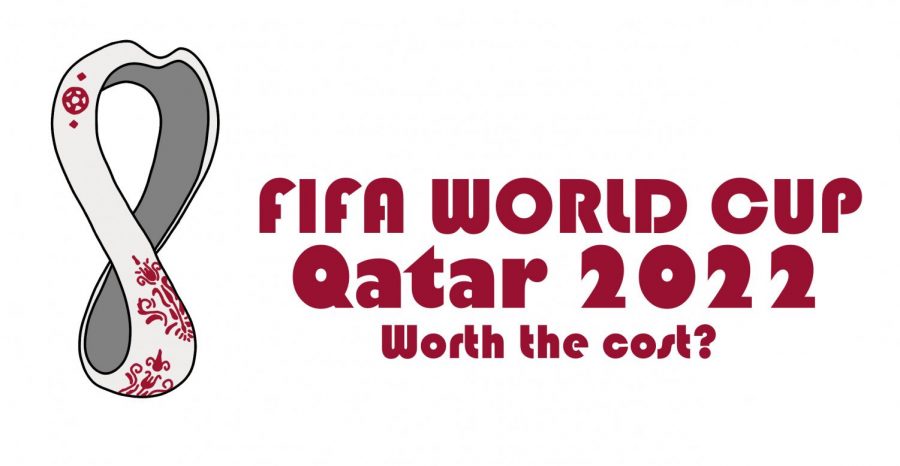Beyond the Bison: Construction crisis in Qatar
October 31, 2019
The 2022 FIFA World Cup will be held in the country of Qatar, the first Arab nation to host the international tournament. The pressure is on to positively represent a region that has historically been widely misunderstood, but that also possesses a strong passion for soccer.
Eight stadium venues will be constructed for the event, and over 26,000 workers are involved directly with the construction. Ahead of the World Cup, the population of migrant workers in Qatar has skyrocketed to 1.9 million. In the past year or so, the state has come under scrutiny for its treatment of migrant workers, especially after reports of multiple related fatalities. Well-known advocacy organizations like Amnesty International have claimed abuse of migrant workers while FIFA sits by and prepares to profit.
Many workers had to pay recruitment fees to get jobs in the first place. Once on the job, they have to deal with abysmal living situations, lower-than-promised or delayed salaries, threats from management and a lack of freedom to search for better employment. And this is not just the case for the construction of football stadiums. In a report last month, The Guardian noted that hundreds of migrant workers are dying in Qatar every year, mainly due to heat stress.
Qatar’s Supreme Committee for Delivery & Legacy is in charge of worker welfare on World Cup sites. The committee claims to have instituted safety measures to mitigate the risk of heat exposure, such as placing a work ban on unshaded outdoor areas between the hours of 11:30 a.m. and 3:00 p.m. However, medical and occupational health experts claim that this is not enough, and investigations have shown that the implementation of safety measures such as the ban is spotty, at best.
Over a year after concerns were first raised, the crisis still continues. Amnesty International claims that the number of worker deaths due to heat stress and pressure to finish construction is higher than in any other country. In Sept. 2019, BBC reported that thousands of workers are even returning home penniless. The United Nations has even gone so far as to call for stronger worker wellness protections.
FIFA has responded to Amnesty International, saying they take “World Cup workers’ rights very seriously” and claiming that none of the contractors mentioned in Amnesty’s reports are receiving FIFA funding to construct the World Cup stadiums.
AFC Ajax, a professional football club from Amsterdam, recently announced a winter training trip to Qatar, where they will be testing the World Cup facilities, sparking outcry from human rights activists. Amnesty International and Human Rights Watch called for the club’s shareholders to question the decision.
“Ajax must ask itself if it, as an international club, wants to contribute to that situation and if it is right that it should make extra money out of the exploitation of people,” Amnesty spokesperson Emile Affolter said. In response, Miel Brinkman, a spokesman for Ajax, claimed that “politics and sports should not mix.”
Increasingly, we have seen athletes use their platforms to advocate for political causes, and politics and sports have been mixing more than ever. Take the U.S. Women’s National Soccer Team using their 2019 World Cup campaign to fight for equal pay as a prime example. Fans can have their own opinions on these issues, and whether they should come into play in sports. However, this is bigger than politics; this is the health and livelihood of thousands of human beings. Certainly, “politics and sports should not mix” is not a valid excuse.






















